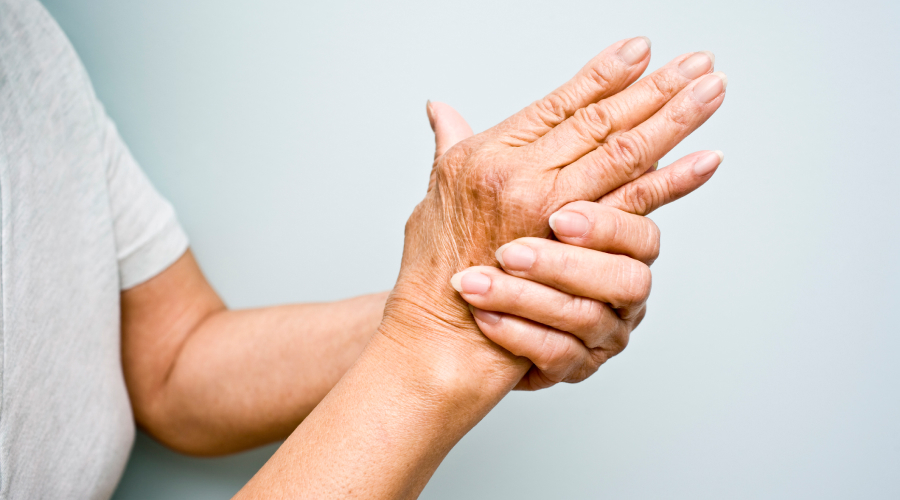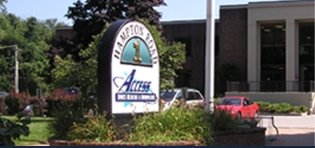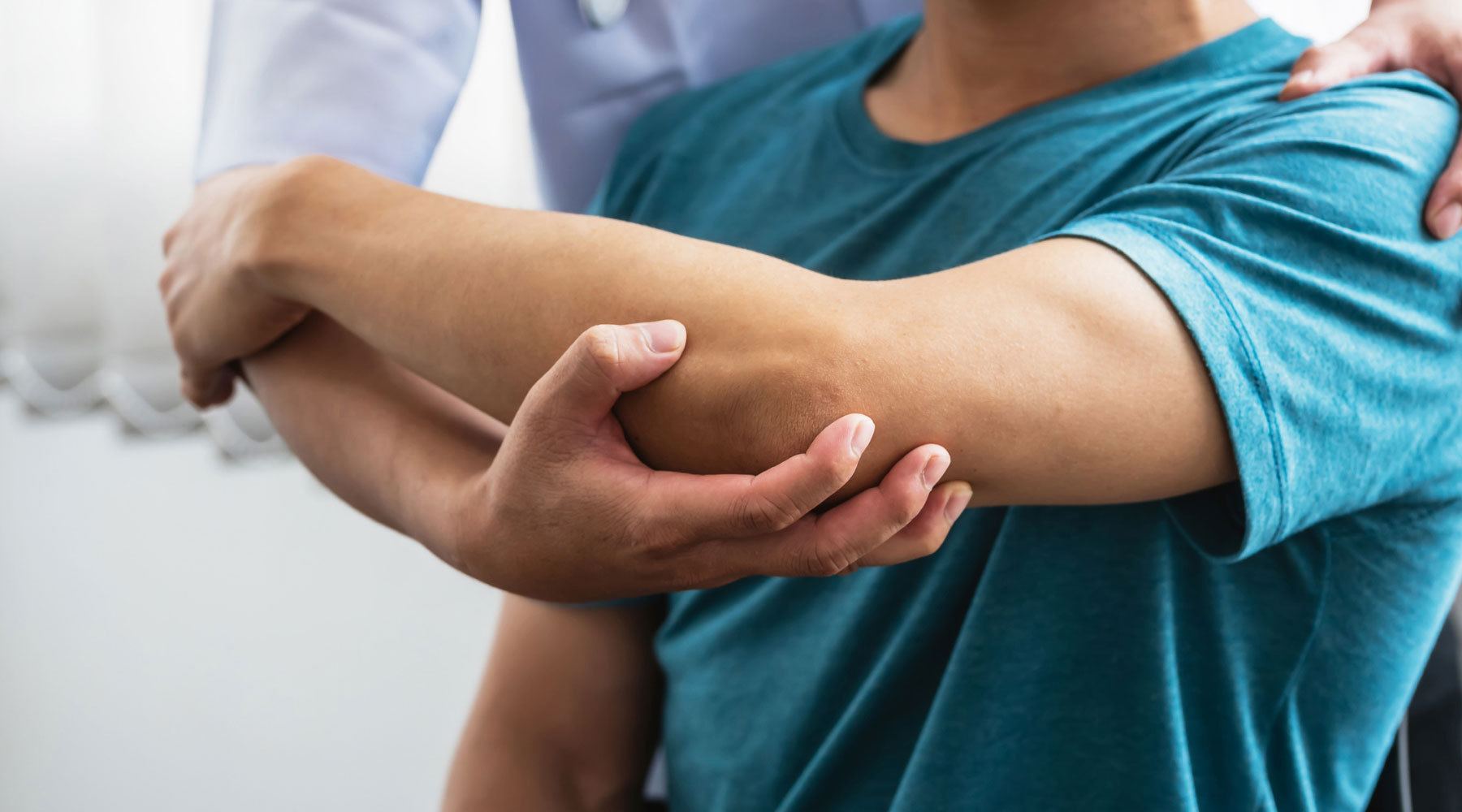
The CDC has designated May as National Arthritis Awareness Month, which gives us the prime opportunity to raise awareness in response to a question we hear a fair amount: Do orthopedic doctors treat arthritis? The answer is yes. Arthritis is a debilitating disease that prohibits us from being able to fully involve ourselves in physical activity. Access Sports Medicine works tirelessly to help all of our patients get their physical health on course and get back in the game (even if “the game” is just general everyday movement). While arthritis can’t be cured, it can be managed, and with an educated understanding of how it affects your body, you can better address the ways you can monitor and manage your own experience with it.
Let’s start with a stat:
Did you know that over 59 million adults have been diagnosed with arthritis? That’s approximately one in every four (25%), which is not a small number.
Common areas of the body arthritis effects
Arthritis, at its core, is a disease that affects the joints, tissues around the joint, and other connective tissues in the body. The areas of the body that we work with here at Access include:
- Shoulders
- Elbows
- Hand and wrist
- Spine
- Hips
- Knees
- Ankles
The most common type of arthritis—which makes up about half of all diagnoses—is osteoarthritis. This particular form of arthritis is the product of body function overuse, trauma, or general degenerative wear of joint cartilage, which happens naturally as we age. We’ve all heard the nightmares of knees and other joints wearing themselves down so much that there is no padding (cartilage), and the ensuing interaction within the joint is “bone on bone.” This just sounds painful. And with good reason; it is. The joint becomes inflamed due to the bone-on-bone action, which can result in bone spurs and other maladies that cause pain and swelling, making continued common use quite painful.
Ways to help manage arthritis
There is no cure for arthritis, but with proper management practice, and a team of compassionate, vested professionals, relief can be had. In extreme cases, surgery from an orthopedic surgeon such as arthroscopy for mechanical symptoms and total or partial joint replacement can be performed. But, our ultimate goal is to try to manage the effects of arthritis given the patient’s unique needs without serious compromise of general everyday activity. Non-surgical options to reduce pain and stiffness and improve normal bodily movement function include:
- Exercise programs
- Physical therapy
- Anti-inflammatory medications
- Dietary study
- Injection procedures
- Stem cell therapies
- And more
Access Sports Medicine is here to help guide you every step of the way. We understand that arthritis affects people in different ways and are committed to working with you and your unique situation to find the best method possible to find some comfort and go about your daily tasks without having to worry about being in pain.
Another resource we’d like to share is the CDC-funded state-specific arthritis programs. There is some great information in here to help individuals find some relief amongst peer groups and state-led classes/programs that can help you better understand ways to help keep you moving!
As always, if you have any questions, we’re happy to help you find the care, comfort, and solutions you need to be your best self.


